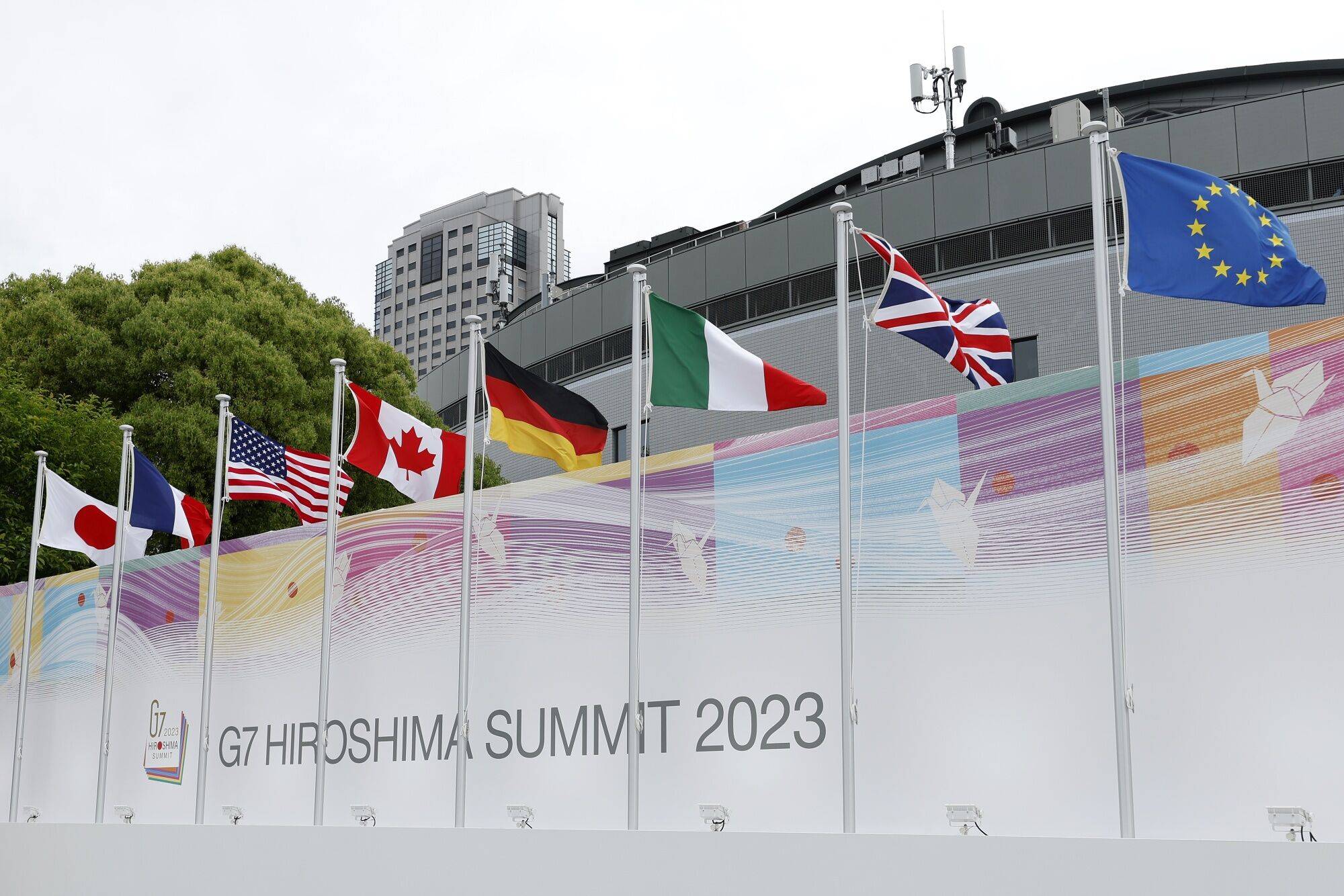Prime Minister Fumio Kishida is hosting the annual summit of Group of Seven leading industrial nations over the next several days in Hiroshima.
Kishida’s chairmanship comes at a crucial time for the group and the world. The G7, once derided as a photo-op for leaders of a global order whose time has passed, has assumed new vigor and relevance in recent years. This is, as Kishida said upon his departure for Hiroshima on Thursday, “a historic crossroads.” With leadership and follow-up, the group could again serve as a venue to coordinate action on critical issues. It is not clear what other mechanism could serve that purpose today.
When formed 50 years ago, the G7 countries represented nearly two-thirds of global wealth. Today, they account for about 44% of the global economy.



















With your current subscription plan you can comment on stories. However, before writing your first comment, please create a display name in the Profile section of your subscriber account page.